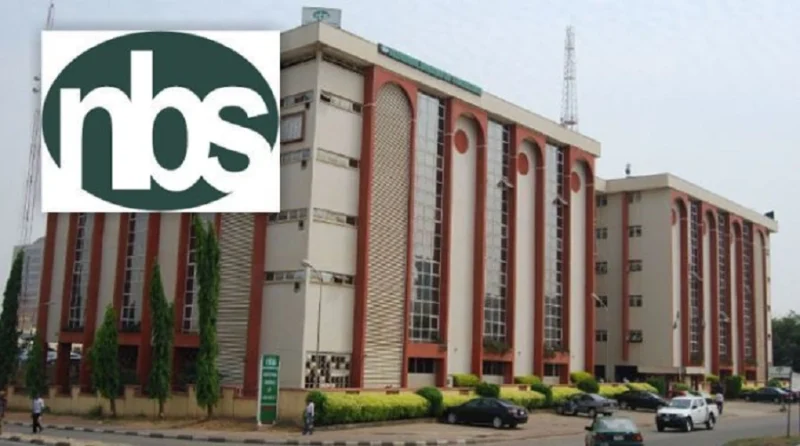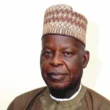The National Bureau of Statistics (NBS) has announced plans to include previously unaccounted-for activities, such as prostitution and illegal drug trade, in calculating Nigeria’s Gross Domestic Product (GDP).
This decision was revealed during a workshop on GDP and Consumer Price Index (CPI) rebasing, held in collaboration with the Nigerian Economic Summit Group (NESG).
Explaining the rationale, the NBS cited global best practices outlined in the System of National Accounts (SNA) 2008, which recommends capturing all economic activities, regardless of their legal status.
Dr. Baba Madu, Head of National Accounts at NBS, said, “Illegal activities will be in line with the national best practices… But the challenge is the legal backing and how do we get the data.”
This rebasing effort will also consider 2019 as the new GDP base year, chosen due to its relative economic stability before disruptions caused by the COVID-19 pandemic. Similarly, 2024 will serve as the new base year for calculating inflation.
“If you are into, for instance, drugs, there are some countries, it is this drug that is driving their economy. It is illegal here because there is no legal backing. Also prostitution, they also earn income. Some even live bigger than those in the formal sector. The SNA does not say no to these, it is we. But the challenge is the legal backing and how do we get the data.
“And then, of course, the hidden economy. If I ask you, how much do you earn in a month, you will lower your income. Or if somebody is selling provision in a store, and before you know it he started selling India hemp. Those are the things we are seeing. There are challenges all over the world. But the beauty is that they are less than 3.0 to 3.5% of the GDP.”
The updated GDP framework will encompass sectors such as the digital economy, pension fund administration, the National Health Insurance Scheme (NHIS), and hidden economies.
Activities of modular refineries and domestic households acting as employers will also be included.
Statistician General Prince Adeyemi Adeniran emphasized the importance of rebasing, describing it as a critical exercise for reflecting the country’s evolving economic structure.
“This improved Nigeria’s creditworthiness, making us a more attractive destination for foreign direct investment. Investors are drawn to transparency and growth potential, and rebasing sends a clear message: we understand our economy, and we are open for business.
“Second, rebasing sharpens policymaking. It provides a detailed map of our economic terrain, enabling governments to identify high-growth sectors for scaling and low-growth sectors that require targeted interventions to drive impactful and balanced development. For example, after Ghana’s 2010 rebasing—which resulted in a 60% GDP increase—its policymakers could better plan for infrastructure and social investments, fueling sustained growth.”








